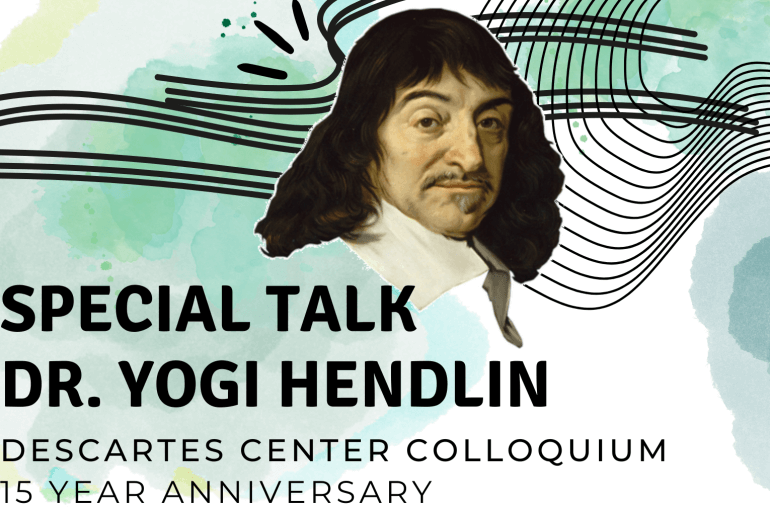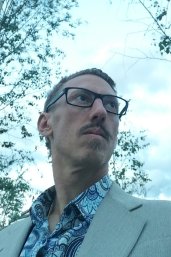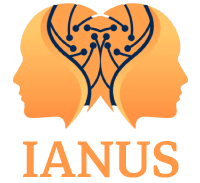
Figure-Ground Shifts in Cognition: How the brain became embodied and our environment became the extended mind
Brain-centrism has dominated studies of mind since secular, materialist scientific study eclipsed the classical understanding of the psyche as a metaphysical soul. We somehow flipped from thinking consciousness and intelligence was wholly a metaphysical property, to believing it was wholly mechanistic. Thought experiments of brains in vats epitomize this physicalist extreme that all sense of self, all consciousness, all cognitive states, all identity – in short, everything that matters – is contained in the discrete package of the physical, detachable brain. In the past few decades, however, a confluence of disciplines have challenged the notion that the brain is an object existing separate from its environment: The biopsychosocial model of disease and health in medicine; microbiology’s discovery of the microbiome and its role in cognition (there’s even a brain microbiome); cognitive scientists’ awareness that rationality and emotion are not sandboxed categories, and cognitive psychologists’ increased experimental evidence that cognition is embodied, embedded, extended, enactive, ecological, and affective (5EA); and increasing understanding of mindedness in other organisms, including the Cambridge Declaration on Consciousness’s inclusion of an invertebrate, the octopus, into those animals possessing minds similar to ours.
The field of biosemiotics, which brings together the object-representation-interpreter triadic semiotics of American Pragmatist Charles Sanders Peirce and the theoretical biology of Estonian-German ecological thinker Jakob von Uexküll, provides an alternative framework to understand how the species-specific mentation according to organisms’ physiological capacities occurs. Replacing the focus on debates over whether or not a given species has consciousness with questions of how organisms experience their world – what attributes are significant for them? – biosemiotics acknowledges that while we all share the same material reality, the salient features which show up to us vary greatly according to how we are composed as a species, and as individuals. This tour of the rise of brain-centrism and the turning tide of the ecologically re-embodied mind explores different kinds of minds and the plural nature of consciousness.
When
23 November 2022 – 15:30 – 18:00
Location
Academiegebouw / University Hall – Kanunnikkenzaal, Domplein 29 – Utrecht
Entrance fee
Attendance is free
Entrance fee
No registration needed.
Participation also possible online via this link.

Biography
Dr. Yogi Hale Hendlin is assistant professor in the Erasmus School of Philosophy, Sustainability Lead in the Design, Impact and Technology (DIT) platform, and core faculty of the Dynamics of Inclusive Prosperity Initiative, at Erasmus University Rotterdam. Focusing both on macro issues of stuck but stable societal equilibria driving climate collapse and disease, and the micro-interspecies makeup of human beings, Yogi’s ecofuturist visions have been profiled in Happinez magazine (NL) and at Het Nieuwe Instituut. Yogi’s diverse research into industrial epidemics – how the industrial model’s goods now come with disproportionate bads, undermining our environment and threatening our democracies and health – has featured on the BBC, The Guardian, National Geographic, TIME, and hundreds of other news outlets. As Editor-in-Chief of the interdisciplinary philosophy of biology journal Biosemiotics, Yogi digs deep into the complexity of life, agency, consciousness, and interspeciality.
